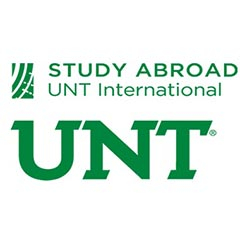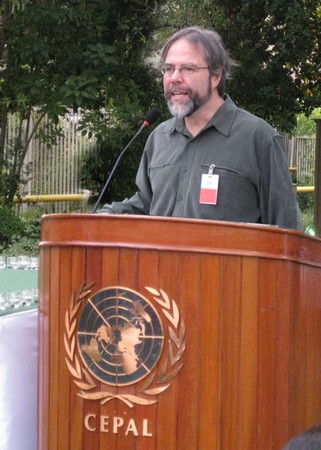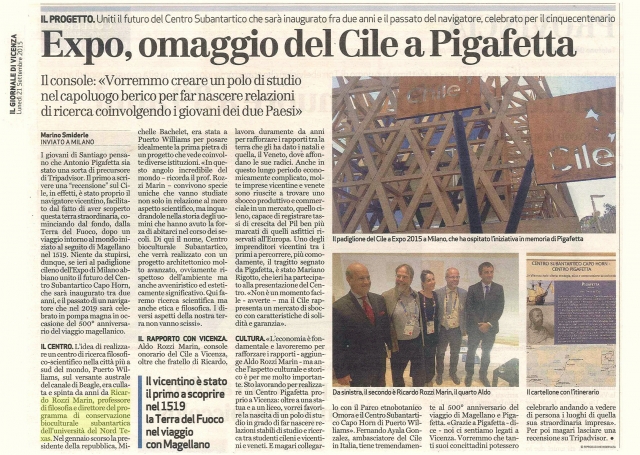The UNT Study Abroad Office hosted a Study Abroad Fair on Nov. 10th in the Library Forum. The fair encouraged study abroad programs to discuss with students the various locations around the world and credit hours that can be taken abroad. Tracing Darwin's Path (TDP) is one of the longest running study abroad programs at UNT and has been offered since 2006. The TDP course is unique in that the course is co-taught with their Chilean partner university, Universidad de Magallanes (UMAG) in Punta Arenas via a Master of Science course. This Wintermester course enrolls any student level as well as all majors, and Spanish speaking is not required. This allows UNT students to partner with students from different cultures as well as with different academic interests, sharing their perspectives while discussing philosophical, ecological, environmental and conservation issues. Through these opportunities students will discover and better understand their roles as global citizens. While in Chile, students will have outdoor lectures in the Omora Ethnobotanical Park located nearby the southernmost city in the world, Puerto Williams, Chile. The course includes a three-night camping trip to experience one of the most pristine wilderness areas remaining in the world while learning ways of defining, studying, communicating and conserving biocultural diversity.
The 2015-2016 course has topped out enrollment for Dec. 2015, and the 2016-2017 wintermester enrollment will be open sometime in March 2016 for applications. Tentative dates for the 2016-2017 course are Dec. 26, 2016 through Jan. 15, 2017. Spaces are allotted on a first come, first serve basis. If you are interested in studying in Chile and having a life-changing experience, please contact chile@unt.edu to sign up for the email list for course notifications. You may also visit the Sub-Antarctic Biocultural Conservation Program office in ENV 310A or call 940-369-8211 for more information.





 am, in conjunction with the COF's Graduate and International Programs in the College of Forestry and the OSU's Environmental Arts and Humanities Program, is pleased to host Ricardo Rozzi, a leading thinker concerning the intersection of society and the environment, especially in forest systems. Rozzi is a Chilean ecologist and philosopher who is professor and the Director of the Sub-Antarctic Biocultural Conservation Program. We invite you to attend the following seminar and roundtable discussion.
am, in conjunction with the COF's Graduate and International Programs in the College of Forestry and the OSU's Environmental Arts and Humanities Program, is pleased to host Ricardo Rozzi, a leading thinker concerning the intersection of society and the environment, especially in forest systems. Rozzi is a Chilean ecologist and philosopher who is professor and the Director of the Sub-Antarctic Biocultural Conservation Program. We invite you to attend the following seminar and roundtable discussion.